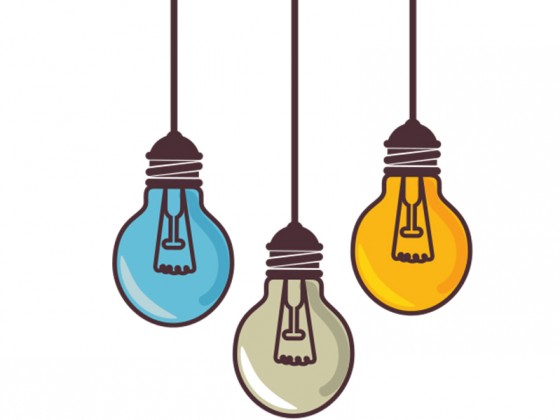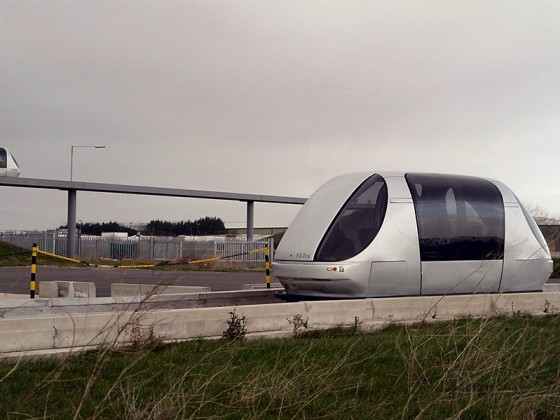Everybody knows that every decision that we make today, either as individuals or as organisations will have an impact on the future
by | Rushdi Abdul Rahim | rushdi@might.org.my
“Difficult to see. Always in motion is the future” – Yoda
The previous quote underlines the difficulty of trying to look beyond the present.
If the all powerful Jedi Master with fictional powers like Yoda from the Star Wars Hexalogy would not be able to see what the future lays ahead, where does this leave mere mortal like us.
So called experts and futurist have all tried to predict something about the future with mixed results. Nowadays, the use of foresight tools and methodology has provided some means towards looking ahead with confidence.However through my interactions I am still greeted by the question, why foresight?
Everybody knows that every decision that we make today, either as individuals or as organisations will have an impact on the future. Therefore it makes sense to explore the potential impact of such decisions before they are made, and to make the best decisions that we can today. There are, however no future facts, and in a world obsessed by data driven decision making, the challenge for advocates of foresight is to demonstrate how exploring the future today will add value to the planning processes.
What foresight attempts to do is to create a better understanding of the drivers of change and the megatrends as well as its impact that will enable us to have a new understanding about the future. The future will be nothing like the past. If you were to go back only five or ten years and think about whether you could have imagined the details of the future that is now, what would you have thought was possible?
However, given the complexity of the external environment, the thinking that goes into strategy development needs to be divergent and expansive. Foresight approach facilitates, in fact encourages this line of thinking, and then bringing this back to the present and now, to the strategic decisions that need to be made today. The aim is to strengthen those strategic decisions – to make them wiser and more robust, and able to withstand the change and uncertainties that the future will bring.
The articles that were, is and will be published in myForesightTM reflects this line of thoughts; exploring the possibilities and how the future oriented thinking are embedded into the formulation of strategy and recommendations to be taken now. Beata Poteralska’s piece on how Poland uses foresight methodology and approach in defining their defining national research priority areas is a prime example of future oriented analysis and recommendations. You could read all about it on page 06.
On the home front the Malaysian ship building ship repairs industry is also undertaking a revolution of sorts; developing a roadmap to ensure future sustainability, whereas Datuk Dr. Salmiah’s piece provide us with insights of what it takes to spearhead the rubber industry into the future.
With the growing concern of energy security, the focus on public transport especially in Malaysia has grown considerably; Dr Aziz’s take on the future of KL public transport infrastructure and the possibility of PRT being introduced provides interesting food for thought.
Dr. Rajah Rasiah talks about the Malaysian IC industry and how it’s playing technological catch up to the rest of the world, raising the questions of policy implications and what’s the best strategy to move forward. You could read all about this edition’s trends and issues.
Previously we’ve talked about the technology strategy of the nation. This includes either to develop the technology on our own, do it in partnership collaboratively or outright acquiring the technology required. In this edition we’re providing a viewpoint on technology acquisition and how to maximize its benefits through a national offset program.
We are glad to say that we have garnered positive reviews so far on the magazine and hope to continually do so in making the magazine beneficial and thought provoking.
After reading the magazine, we expect you to have your opinion on certain matters. You might agree or disagree. Whichever it goes, we want to hear them. We welcome your feedback and contributions.









